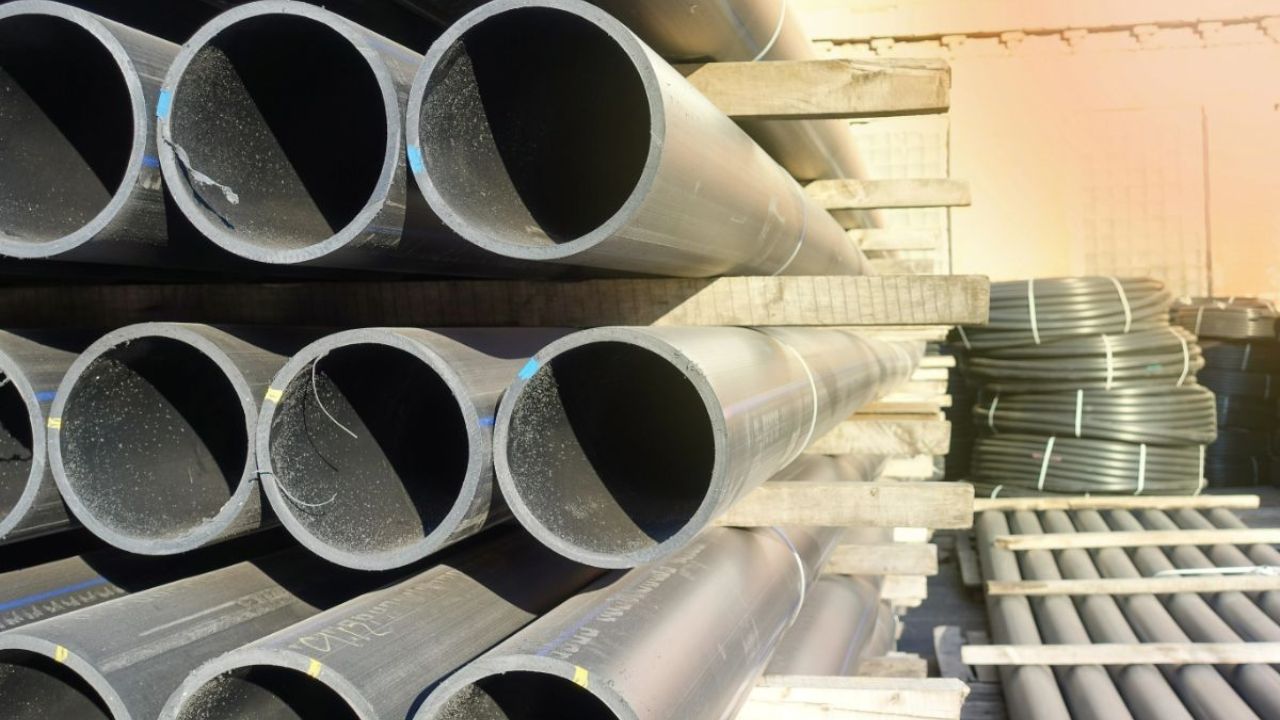Modern infrastructure depends heavily on Electric Resistance Welded (ERW) pipes because these pipes provide sustainable and efficient solutions to multiple industries. The combination of improved manufacturing methods and rising environmental material requirements has made ERW pipes the preferred option for construction projects and oil and gas transportation and water distribution systems. Visit https://www.tuspipe.com/ to explore high-quality ERW steel pipes for sustainable and efficient piping solutions. This article examines how Electric Resistance Welded (ERW) pipes enhance sustainability and efficiency within piping systems.
Environmentally Friendly Manufacturing Process
The production of ERW pipes relies on a manufacturing process that delivers both high efficiency and environmental sustainability. Seamless pipes demand extensive raw material consumption and complex manufacturing methods but ERW pipes are produced through steel coil cold-forming into cylindrical shapes followed by high-frequency electrical resistance welding of their edges. The production method of ERW pipes achieves substantial waste reduction while minimizing energy usage and environmental emissions thus making them a sustainable option.
Energy Efficiency in Production and Application
ERW pipe manufacturing requires less energy than other steel pipe production methods. High-frequency welding requires minimal energy consumption to create strong uniform welds that eliminate the requirement for extensive post-welding procedures. A higher efficiency rate leads to reduced carbon emissions during pipe fabrication operations. The smooth interior surface of ERW pipes enables better fluid movement while decreasing energy waste during system transportation operations. The smooth interior of ERW pipes reduces operational costs in water distribution networks and oil pipelines as well as gas transmission systems through diminished friction.
Durability and Longevity
ERW pipes have been engineered to maintain sustainability through their long-lasting design. The manufacturing process produces precise results that create uniform wall thickness and robust weld seams which minimize leakage risks and equipment failures. The extended lifespan of these pipes decreases maintenance expenses conserves raw materials and lowers the environmental impact of continuous production activities. The lifespan of ERW pipes receives additional enhancement through protective treatments like galvanization and corrosion-resistant material coatings. This extended durability of the material reduces maintenance expenses and enhances reliability throughout vital applications.
Reduced Carbon Footprint in Transportation
Due to their lightweight composition, ERW pipes enable reduced carbon footprints during transportation by significantly surpassing the weight of seamless pipes. The production method of ERW pipes enables manufacturers to create exact-length products that reduce material waste and maximize shipping efficiency. The ability to transport more ERW pipes during each shipment reduces both transportation trips and fuel usage and produces lower greenhouse gas emissions. Global supply chains depend heavily on transportation efficiency to achieve sustainability goals because this element plays a crucial role in such networks.
Recyclability and Waste Reduction
Steel stands as the world’s most recyclable material and ERW pipes demonstrate the same recyclability characteristics. Once ERW pipes complete their operational need the steel materials can be re-processed through melting to create new manufacturing products which preserve the original mechanical qualities. The circular steel recycling system protects natural resources while minimizing waste in landfills and decreases the need for new steel production that generates substantial carbon emissions. At-scale ERW pipe production generates little waste which smoothly feeds back into manufacturing operations thereby optimizing raw material utilization while serving sustainability standards.
Versatility in Sustainable Infrastructure Projects
ERW pipes serve as a primary choice for sustainable infrastructure projects due to their versatility and eco-friendly properties. They are widely used in renewable energy projects, where they support structural frameworks and facilitate fluid distribution in solar and wind energy facilities. In green building initiatives, their durability and recyclability make them an ideal choice for sustainable construction, reducing material waste and promoting long-term resource efficiency. Additionally, ERW pipes play a crucial role in water conservation systems, improving distribution efficiency, minimizing leaks, and reducing overall water wastage. As industries and governments worldwide continue to prioritize sustainability, ERW pipes remain an essential component of environmentally responsible infrastructure development.
Cost-Effectiveness and Economic Sustainability
Their economic sustainability strengthens due to ERW pipes providing affordable solutions across diverse industrial applications. The manufacturing process of ERW pipes operates at higher efficiency levels which reduces resource needs and production expenses. The cost-effectiveness of ERW pipes ensures they serve major infrastructure projects through economic affordability combined with strong quality integrity. The combination of durability and minimal maintenance needs enables these pipes to provide long-term financial benefits that support businesses pursuing economic and environmental sustainability goals.
Conclusion
ERW pipes deliver sustainable and efficient performance as modern piping solutions because of their dual benefits. Their manufacturing process that saves energy together with their durability and recyclability and lower carbon emissions makes them an environmentally friendly option. ERW pipes will experience increased market demand because industries actively pursue sustainable alternatives which will strengthen their position in developing sustainable infrastructure. ERW pipe solutions provide tightened operations through investment opportunities that support global sustainability initiatives.
